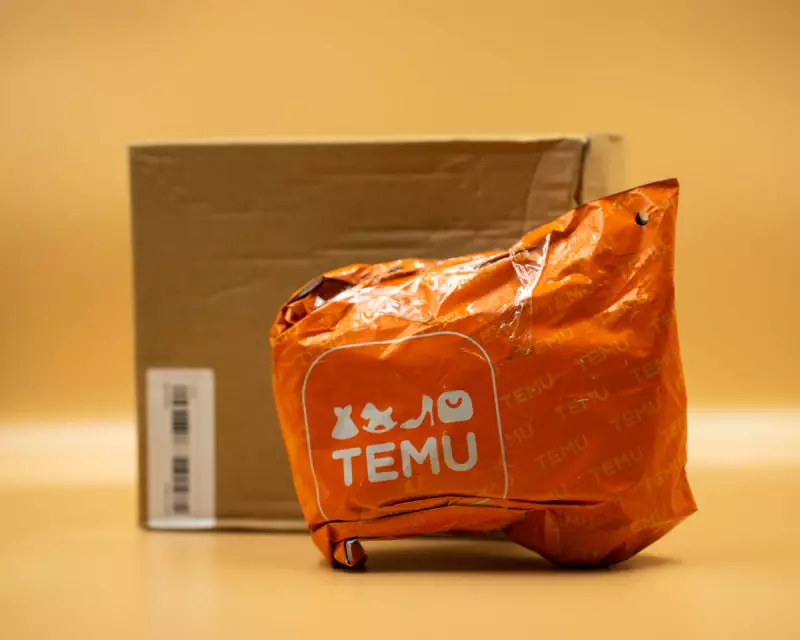
In a move set to send shockwaves through the global e-commerce market, former US President Donald Trump has unveiled a radical overhaul of trans-Pacific trade rules by eliminating a crucial exemption for low-value imports.
The policy, a cornerstone of his aggressive economic strategy, directly targets the so-called 'de minimis' provision. This long-standing rule allowed individual packages valued under $800 to enter the United States duty-free, a threshold that facilitated a boom in direct-to-consumer shipping from Chinese retailers to American doorsteps.
The End of an Era for Small Parcels
The abolition of this exemption means that virtually all goods imported from China, regardless of their value, will now be subject to Trump's steep 25% tariff. For millions of British consumers who regularly order affordable items from online marketplaces like Shein, Temu, and AliExpress, this signals an imminent end to the era of ultra-cheap goods.
Industry analysts warn that the increased costs will almost certainly be passed on to the consumer, making everything from phone accessories and clothing to small electronics and homeware significantly more expensive.
Implications for UK Shoppers and Businesses
The impact will be felt on two fronts for Britons. Firstly, individual shoppers will see the direct cost of their online purchases from China rise substantially. Secondly, many UK-based small and medium enterprises (SMEs) that rely on sourcing components or products from Chinese suppliers will face higher operational costs, potentially squeezing their profit margins and forcing price increases for their own customers.
This policy shift is framed by the Trump administration as a necessary measure to combat what it calls "widespread abuse" of the de minimis rule and to protect American manufacturers from unfair competition. However, critics argue it functions as a regressive tax that will disproportionately affect lower-income families who rely on these affordable goods.
The new tariffs are expected to reshape international supply chains and accelerate the search for alternative manufacturing hubs outside of China, a process that could lead to further market volatility and price fluctuations for consumers in the UK and around the world.





